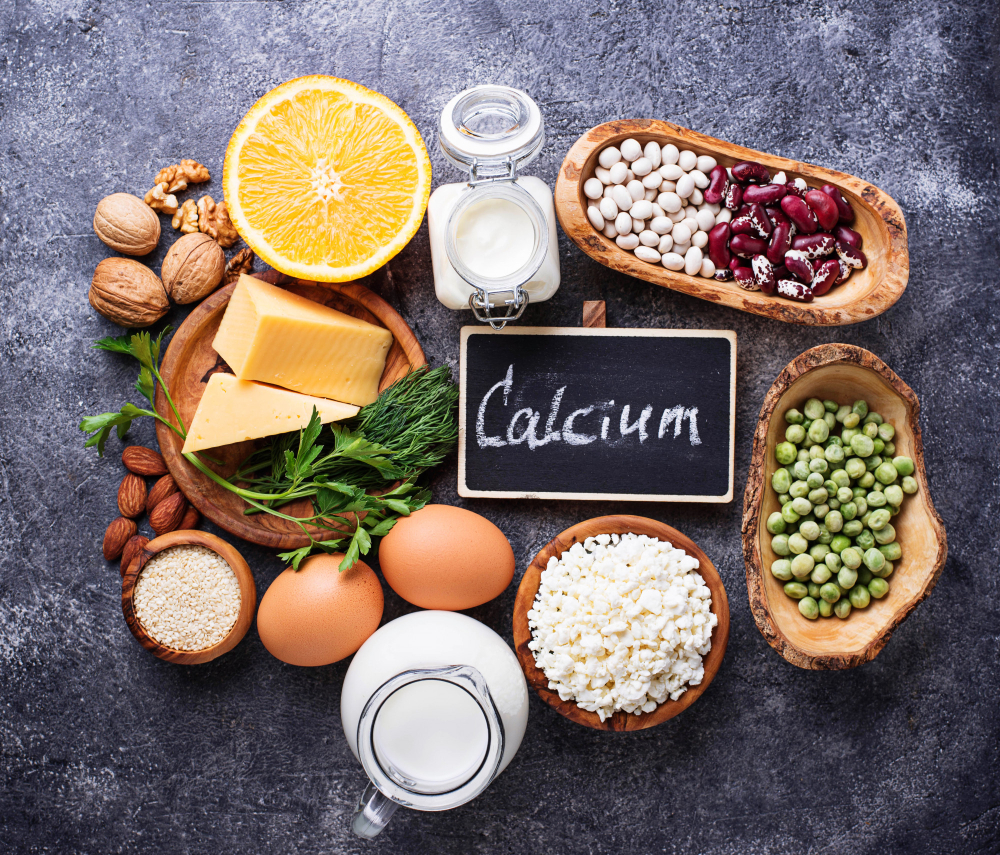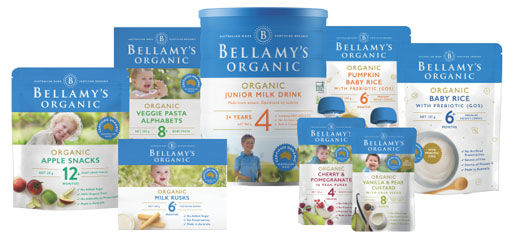Organic Milk Nutrition Facts
Dairy is undoubtedly an important part of the human diet. Yet, not all dairy is created equal, though all dairy milk comes from cows. During the past 15 years, studies have repeatedly shown that organic milk contains a healthier nutritional profile, significantly higher in 3 essential substances, omega-3 fatty acids, antioxidants and mineral content, than conventional milk.

1. Omega-3 fatty acids
Omega-3 and Omega-6 are essential fatty acids that our bodies cannot produce but need to obtain through diets to stay healthy. While both are important, there’s a healthy balance that must be achieved. Healthy omega-6: omega-3 ratios are low, around 2.3:1, but unhealthy diet trends have increased that ratio to between 10 and 15:1.
What happens to most of us is we get too much omega-6 and too little omega-3 in diets. This asymmetry in fatty acid profiles has been linked with cardiovascular disease, asthma, osteoporosis, breast cancer, prostate cancer, and inflammatory and autoimmune diseases.
On the other hand, a low omega-6 : omega-3 ratio is confirmed to suppress these conditions. A large-scale review of the nutritional profile of organic milk showed that organic milk contains 25 percent less omega-6 fatty acids and 62 percent more omega-3 fatty acids than conventional milk, which helps prevent yourself from dangerous mentioned-above diseases.
2. Antioxidants
British Journal of Nutrition recently published their study showing that organic milk had several beneficial increases in nutritional antioxidants, such as higher concentrations of vitamin E, selenium, and carotenoids. While the benefit of organic milk consumption has been confirmed by several studies, this publication remains as the most thorough review conducted on this topic, concluded from findings of 196 studies on milk from around the world.
Antioxidants are substances fighting back the free radicals causing stressed oxidization when largely accumulated – the process that destroys DNA and other important structures in our body, resulting in dangerous disease: cancer, cardiovascular, diabetes, etc.
The factors causing stressed oxidization are closely associated with many of us daily unhealthy lifestyles: prolonged stress, air pollution, smoking inhalation, over-consumption of alcoholics, hyperglycaemia (high blood sugar/glucose level), etc.

It is scientifically claimed that organic milk essentially bring more antioxidants which greatly help to resolve the stressed/imbalanced oxidization – some major antioxidants and their roles are:
✔ Carotenoids (converted to vitamin A in body): prevent skin cancer, lungs cancer, and, osteoporosis;
✔ Selenium: prevent popular cardiovascular diseases such as heart attack, stroke, atherosclerosis, and plaque in arteries; and cancer of breast, lungs, colon, and prostate;
✔ Vitamin E: protect skin health generally and enhance the mind’s functionality.
3. Minerals
This rich alternative to cow’s milk also includes a high quantity of minerals such as iron, potassium, calcium, riboflavin, magnesium, and zinc.
Organic milk is a rich source of calcium and potassium, both of which strengthen the bones and heart (helping regulate blood pressure), respectively. Calcium works wonders in terms of reinforcing bone structure, especially when you start aging. Potassium, together with sodium, helps balance your circulatory system
To kids, minerals play essential roles, especially by supplementing the amount of calciums, magnesium, phosphorus, potassium, selenium, and zinc, etc for physical growth, most notably kids’ height & brain development.
Tham khảo/Reference:
- The Benefits of Organic Dairy: https://www2.organic-center.org/sites/default/files/organiccenter_dairyreport_final.pdf
Vitamins & Minerals in Milk: Vitamins & Minerals in Milk | MilkFacts.info
Featured post
-
05 Diet Plans That Are Good For Your Health
31/07/2022
-
Best Times to Sleep for Adults & Children
01/06/2022








